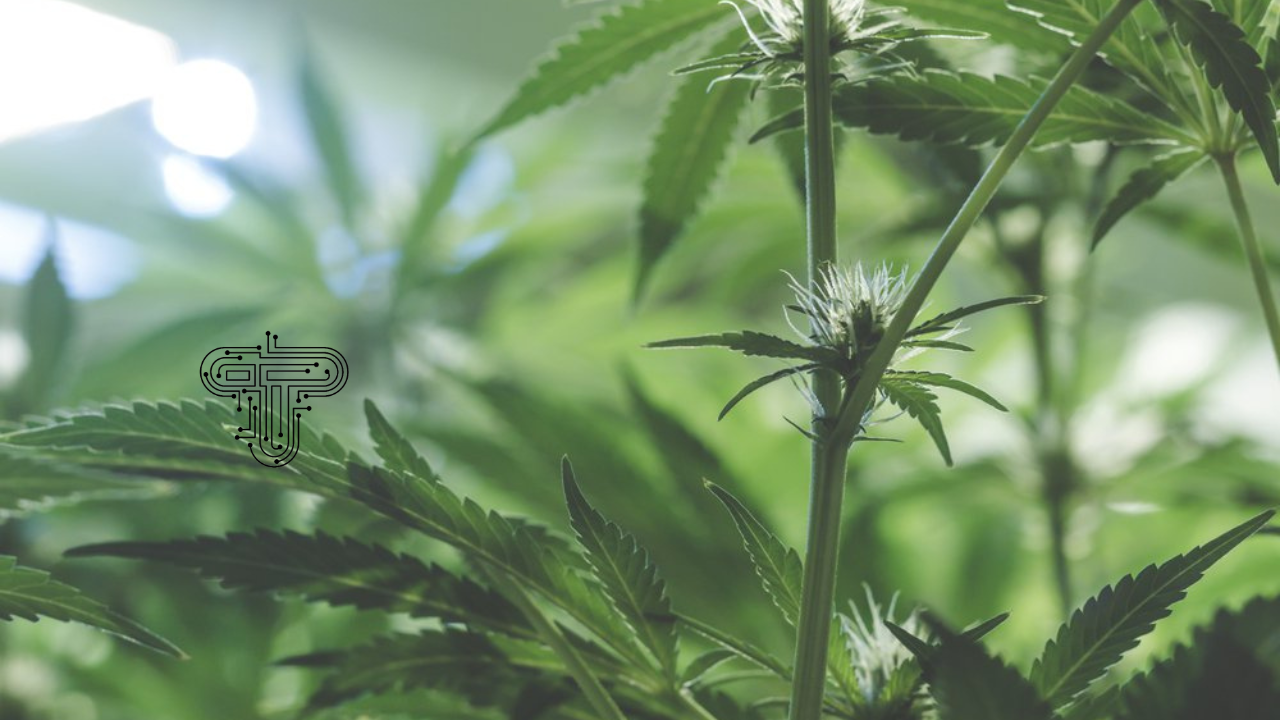HHC vs Delta 8: Key Differences and Effects Explained

The world of HHC vs Delta 8 cannabinoids has expanded significantly beyond well-known compounds like THC (tetrahydrocannabinol) and CBD (cannabidiol). In recent years, other cannabinoids such as HHC (tetrahydrocannabinol) and Delta 8 THC have gained popularity for their unique effects, legality, and potential benefits. Both HHC and Delta 8 THC are often compared due to their similar yet distinct properties. This article will dive deep into the differences between these two cannabinoids, examining their chemical structure, effects, legality, and uses to help you understand how they compare.
What Are HHC and Delta 8?
HHC: A Semi-Synthetic Cannabinoid
Hexahydrocannabinol (HHC) is a hydrogenated derivative of THC. While naturally occurring in the cannabis plant, HHC is typically present only in trace amounts. Most of the HHC available on the market today is semi-synthetic, created by hydrogenating Delta 9 THC (the primary psychoactive compound in cannabis) in a laboratory. The hydrogenation process gives HHC a more stable chemical structure than other cannabinoids, making it resistant to oxidation, heat, and UV light, thus giving it a longer shelf life.
HHC’s unique chemical structure contributes to its effects, which are said to be somewhat similar to Delta 9 THC but milder and less intense. Its psychoactive properties are still a topic of ongoing research, but users often describe a calm, clear-headed high that allows them to function without feeling overwhelmingly intoxicated.
Delta 8 THC: A Milder Alternative to Delta 9 THC
Delta 8 THC is another naturally occurring cannabinoid closely related to Delta 9 THC. The primary difference lies in their molecular structure; Delta 8 has a double bond on the eighth carbon chain, while Delta 9 has it on the ninth carbon chain. This small structural difference results in Delta 8 THC having a slightly less potent psychoactive effect than Delta 9 THC.
Delta 8 THC has gained popularity due to its more manageable high, which is often described as a smoother and more clear-headed experience compared to Delta 9. For this reason, it appeals to users who want to experience the benefits of THC without the intensity that Delta 9 often brings. It is also considered a viable option for people seeking the therapeutic benefits of cannabinoids without the overwhelming psychoactive side effects.
How Do HHC and Delta 8 Affect the Body?
Psychoactive Effects
Both HHC and Delta 8 are psychoactive cannabinoids, meaning they can produce a “high” or altered mental state. However, the intensity and quality of the high differ between the two. HHC is often described as having a milder psychoactive effect compared to Delta 9 THC but is slightly more potent than Delta 8 THC. Users report feeling relaxed, calm, and clear-headed, with less mental fog or anxiety compared to traditional THC products.
Delta 8 THC, on the other hand, provides a subtler high than both Delta 9 and HHC. Its effects are often characterized as less anxiety-inducing and more relaxing, making it a popular choice for those who are sensitive to THC’s intense effects. Many users claim that Delta 8 offers a smooth, body-focused high with mental clarity, which can benefit activities requiring concentration and focus.
Therapeutic Benefits
Both HHC and Delta 8 THC have potential therapeutic benefits, although research is still in its early stages. Some users report that HHC may help with pain relief, anxiety reduction, and improved sleep. Its relaxing effects make it a candidate for people looking to unwind or manage mild discomfort without feeling overly sedated.
Delta 8 THC is also lauded for its therapeutic properties. It is believed to have anti-anxiety, anti-nausea, and appetite-stimulating effects, making it useful for people undergoing treatments like chemotherapy, which can cause loss of appetite and nausea. Delta 8’s ability to provide these benefits without a solid psychoactive effect has contributed to its increasing use in medical cannabis products.
Side Effects
As with any cannabinoid, both HHC and Delta 8 THC can have side effects. Common side effects of HHC include dry mouth, red eyes, and mild dizziness. Because it is less studied than other cannabinoids, there is still much to learn about its potential risks, especially with long-term use.
Delta 8 THC shares similar side effects, including dry mouth, red eyes, and mild euphoria. Some users also report experiencing slight drowsiness, which makes Delta 8 a good option for those seeking relief from insomnia or sleep disturbances. However, it tends to produce fewer anxiety-related side effects than Delta 9 THC, which is one of the reasons it’s becoming a preferred alternative for people sensitive to traditional cannabis products.
Legal Status: How Do HHC and Delta 8 Compare?
The legality of HHC and Delta 8 THC varies significantly by location, and understanding the legal landscape is essential for those looking to use either cannabinoid.
HHC’s Legal Ambiguity
HHC exists in a legal gray area. While it is derived from THC, it is typically produced through the hydrogenation of Delta 9 THC or CBD extracted from hemp, a process that can make it fall into a legal loophole in some jurisdictions. The 2018 Farm Bill in the United States legalized hemp and its derivatives as long as they contain less than 0.3% Delta 9 THC. Since HHC can be derived from hemp, it technically complies with this law, but the psychoactive nature of HHC complicates its legal status. Some states have moved to ban or restrict synthetic cannabinoids, which could impact HHC’s future legality.
Delta 8 THC: State-by-State Regulations
Delta 8 THC has also faced legal challenges despite being derived from hemp and technically legal under the 2018 Farm Bill. However, because it produces psychoactive effects, many states have chosen to regulate or outright ban Delta 8 THC. As of now, Delta 8 is illegal or restricted in over a dozen U.S. states, including states like New York, Colorado, and Alaska, where cannabis laws are otherwise more lenient. Users need to check their local laws regarding Delta 8 THC before purchasing or using it.
Potency and Dosing: Which One Is Stronger?
When it comes to potency, HHC is generally considered more potent than Delta 8 THC but weaker than Delta 9 THC. The intensity of the effects can vary depending on individual tolerance, the method of consumption, and the dose used. Since HHC is hydrogenated, its effects can last longer, making it a more potent option for people who prefer a longer-lasting high without the intensity of Delta 9 THC.
Delta 8 THC is less potent than both HHC and Delta 9, making it a good option for beginners or those who want a milder experience. Users often start with a lower dose of Delta 8 and adjust as needed to achieve their desired effects. Its potency is usually preferred for daytime use because it doesn’t typically lead to the intense intoxication associated with Delta 9 THC.
Availability and Market Trends
The demand for both HHC and Delta 8 THC products has been rising, leading to a growing number of products such as gummies, vape cartridges, tinctures, and edibles. However, HHC remains less widely available than Delta 8 THC, primarily due to the complexity of its production process and its relatively recent introduction to the market.
Delta 8 THC products, on the other hand, are much more accessible, with a wide range of offerings from numerous brands. Its popularity skyrocketed following the legalization of hemp derivatives in 2018, especially in states where Delta 9 THC is either illegal or heavily regulated.
Read More
Conclusion: Which One Is Right for You?
Choosing between HHC vs Delta 8 Key Differences and Effects Explained THC ultimately depends on your personal preferences and what you’re seeking from a cannabinoid. If you are looking for a milder, long-lasting high that won’t overwhelm you, HHC might be the better option. Its stability and resistance to degradation also make it a good choice for those who want a longer shelf life.

